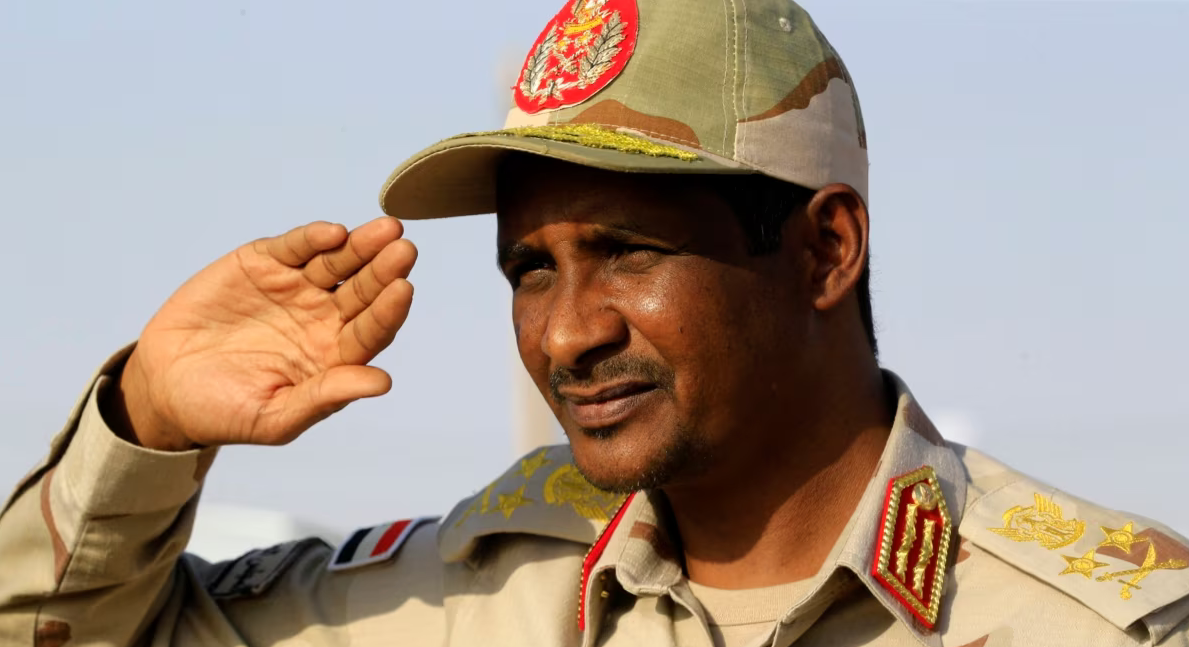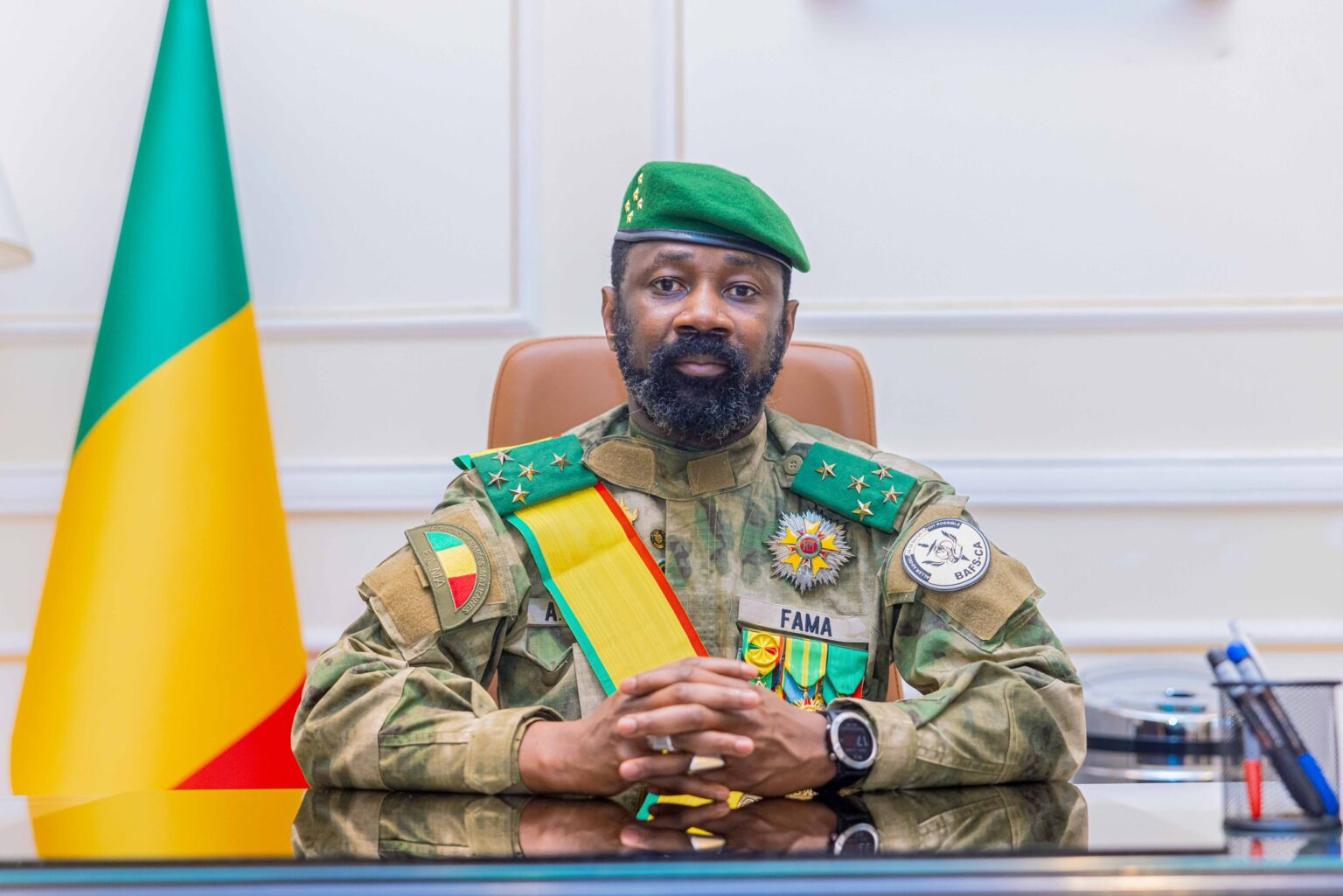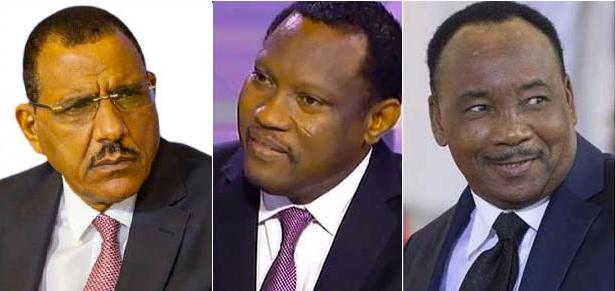
Rapid Support Forces (RSF) leader, Mohamed Hamdan Dagalo (a.k.a. Hemedti)
The unprecedented and escalating crisis that has erupted in neighbouring Sudan on 15 April threatens Chad.
Despite having cooperated to overthrow Sudan’s fledgling civilian-military Transitional Sovereignty Council in October 2021, the powerful paramilitary Rapid Support Forces (RSF) leader, Mohamed Hamdan Dagalo (a.k.a. Hemedti), is now attempting to overthrow the army commander, General Abdelfattah Abdelrahman al-Burhan. The violent clashes have resulted in hundreds of deaths and massive destruction, not just in Khartoum, but throughout the country including in the western Darfur region which is adjacent to Chad. Well over 20,000 civilians have already fled across the border and, depending on what happens, this trickle could turn into a flood. The RSF — which is largely composed of Arabs from Darfur and eastern Chad — could also use it as a rear base from which to reinforce its ranks.
The UNHCR has expressed its alarm at the violence and the subsequent flight of thousands of refugees into Chad and is working with the local authorities at the border. Eastern Chad already hosts over 400,000 refugees who have fled Sudan since the Darfur crisis began in 2003. The new arrivals are placing additional strain on the country’s already overstretched public services and resources.
There are fears of rising tribal tensions in Chad because the RSF leader, Hemedti, is believed to be a dual national and has important ties amongst Chad’s Arab tribesmen. An excellent article by a London-based Sudanese journalist, which charted his rise to power and riches, was published on 20 April and is available here.
Not long after the fighting erupted, Chad tried to close its border. It later announced that around 320 defecting Sudanese soldiers, who feared that they would be killed by the RSF, had crossed the border and surrendered to the Chad authorities.
Defence Minister General Daoud Ibrahim has stressed that the conflict ‘does not concern’ Chad. He added: ‘It is between the Sudanese, and we must remain vigilant against all eventualities.’ In January the junta’s leader, Mahamat Déby, received both General al-Burhan and then Hemedti, one day after the other, in N’Djamena with the aim of displaying neutrality.
Although Chad is officially not taking sides, a senior official was quoted in the French media as saying ‘We are on the side of the institution,’ by which he was implying the Sudanese army. The seizure of power by the RSF, in which many Arabs from the Chadian-Sudanese border area find themselves, would be a threat to Chad’s stability.
Hemedti, who was originally part of the Janjaweed militias that terrorised Darfur, has strong connections to Chadian elites and important networks in the country. For example, President Déby’s private chief of staff is a direct cousin of Hemedti, and his Rizeigat clan, who are part of the Baggara Arab nomads, originally moved from Chad to northern Darfur
According to France’s Le Monde newspaper, the Chadian authorities fear that a victory for the RSF would strengthen political and military ambitions within the large Chadian Arab community. Hemedti would be expected to promote his Rizeigat clan if he eventually controlled Sudan. This would be to the detriment of the non-Arab nomadic Zaghawa herding tribe which is based in Chad and Darfur and has constituted the heart of Chadian political and military power for over 30 years.
The exodus into Chad, whose military junta has been a Western ally against Islamist extremism, highlights the mounting problems in countries across the volatile Sahel region, from Mali and Burkina Faso to Sudan. Military coups, the rise of jihadism and the ineffectiveness of Western and UN peacekeeping operations, as well as heightened activity by newer powers such as Russia, have all added to the instability. Many believe that ‘What happens in Sudan, will not stay in Sudan.’
There is also a fear that the Sudan crisis could destabilise Chad, thus making the West more tolerant of Déby’s repressive regime, and less inclined to raise concerns about the delay in transition to civilian democratic rule.
The situation in Chad has also been complicated by leaked US intelligence suggesting that Russia’s Wagner Group mercenaries have been working with anti-regime rebels in the Central African Republic, to overthrow Déby. According to Hemedti, Wagner was previously active in Sudan, where it trained RSF members. US Secretary of State, Antony Blinken, is reported to have expressed ‘deep concern about the engagement of . . . Wagner group in Sudan.’
This excerpt is taken from Sahara Focus, our monthly intelligence report on the Sahara region. Click here to receive a free sample copy.


